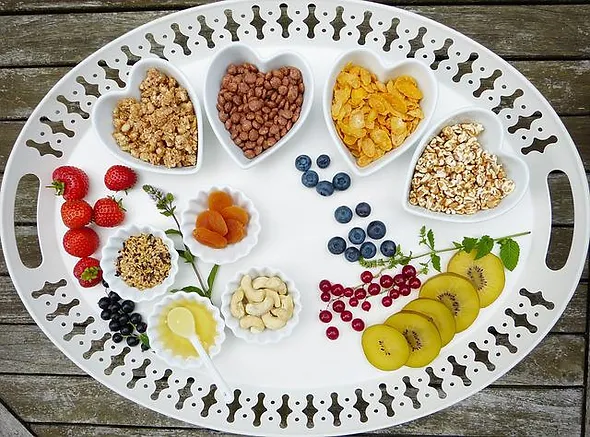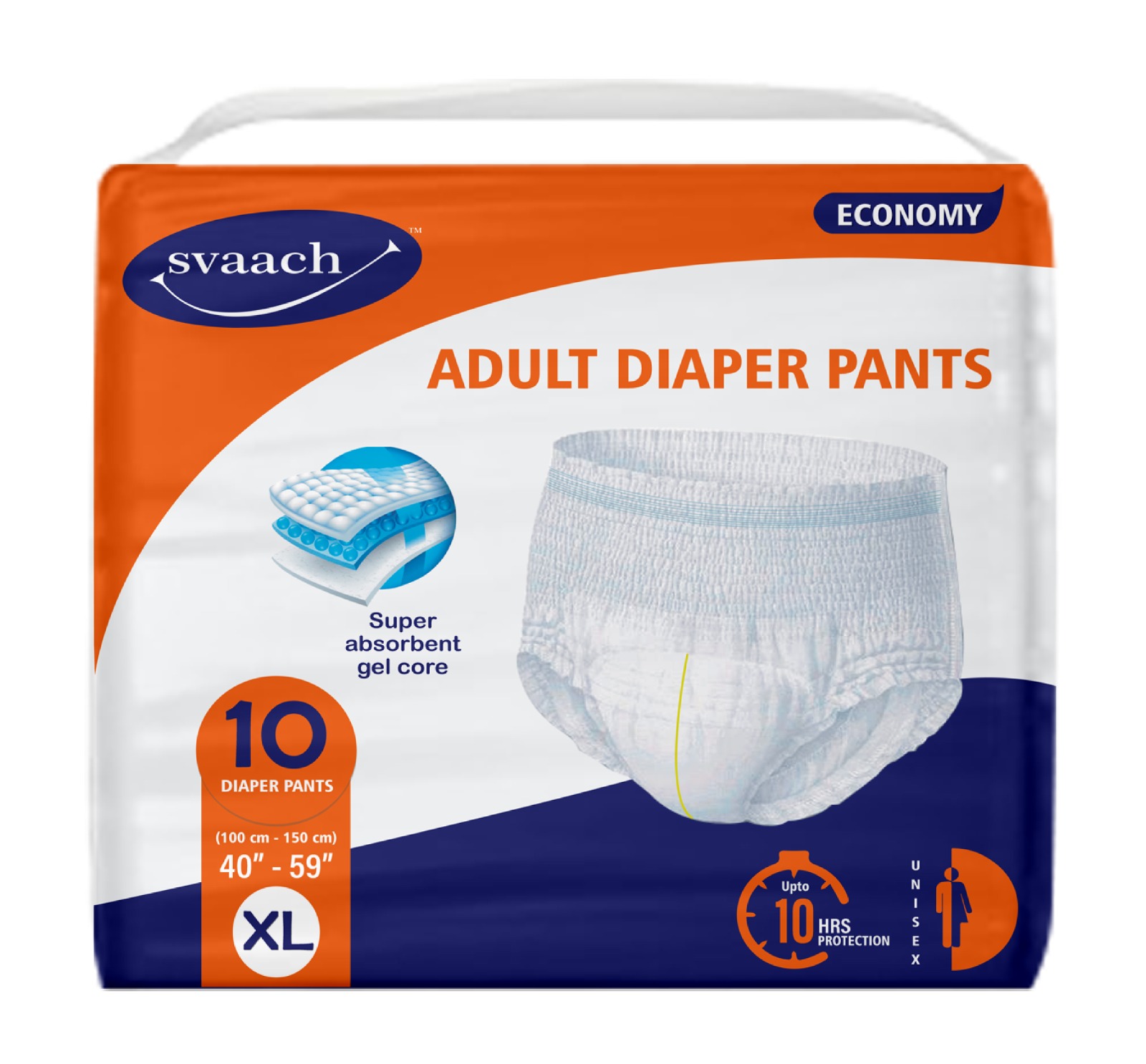In need of an energy boost to combat fatigue and tiredness? Don’t fret because you can easily take supplements and vitamins to get your energy levels up in no time.
You might find yourself asking questions like:
“What can I take to get my energy levels up?”
“What vitamin helps most with energy?”
“What vitamin is best for fatigue?”
All these questions have similar answers in the form of these seven energy-boosting supplements and vitamins:
- Vitamin B12
- Iron
- Magnesium
- CoQ10 (Coenzyme Q10)
- Creatine
- Appetite suppressants
- L-carnitine
- Vitamin C
What are these vitamins and supplements, how are they good at boosting your energy levels, and which foods contain them?
Let’s dive into each one below to help you pick the best supplement to suit your needs.
7 Supplements & Vitamins For Boosting Energy
Vitamin B12 (Cyanocobalamin)
Contrary to what some supplement advertisements claim, vitamin B12 (cyanocobalamin) and the other B-group of vitamins don’t provide your body with energy.
Instead, these vitamins play an important role in transforming the calories in the food you eat into energy that your body can use. They convert energy-yielding nutrients like fats, carbohydrates, and proteins into fuel.
There are eight types of B vitamins, with each one playing an important role in the body.
For example, vitamin B12 is responsible for breaking down some amino acids and fatty acids to produce energy.
Aside from energy conversion, this B vitamin also helps with the following:
- Red blood cell formation
- Mental ability improvement
- Production and maintenance of myelin (insulating layer) surrounding nerve cells
By keeping nerve and blood cells healthy, this vitamin also helps prevent megaloblastic anemia, a rare blood condition that makes people feel tired and weak.
So, it’s not surprising that vitamin B12 is among the top energy-boosting vitamins you can pick as a supplement.
These foods are the best sources of vitamin B12:
- Clams
- Beef liver
You can also get vitamin B12 from these food sources:
- Fish
- Meat
- Poultry
- Eggs
- Milk
- Other dairy products
Although plant-based foods don’t naturally contain vitamin B12, fortified versions of these foods can contain added vitamins:
- Breakfast cereals
- Nutritional yeasts
- Other food products
You can check the label for information (usually in the Nutrition Facts) on vitamin B12 fortification for these products.
As a dietary supplement, vitamin B12 is available by itself (also sold as cyanocobalamin), in a B-complex supplement, or a multivitamin supplement. It might also be included in the form of methylcobalamin, adenosylcobalamin, or hydroxycobalamin.
Iron
The iron mineral itself doesn’t directly provide you with energy. However, it remains an important part of energy-boosting supplements because iron deficiency can lead to extreme fatigue.
Why is that so?
Well, iron plays an important role in transporting oxygen from your lungs to your brain and body tissues. Inadequate iron levels in your blood can be dangerous because oxygen delivery to these other parts becomes limited.
Without enough oxygen, you’ll feel tired and drained.
Taking iron supplements or eating iron-rich foods can help combat this energy drain.
Iron supplements can come in different forms, including:
- Ferrous sulfate
- Ferrous gluconate
- Ferrous fumarate
- Ferric citrate
- Ferric sulfate
It’s also a common nutrient in multivitamin supplements. You can also get it in the form of iron gummies vitamin, which are easier to take for most people
Foods rich in iron include:
- Lean meat
- Seafood
- Poultry
- Legumes such as lentils, white beans, kidney beans, and peas
- Green, leafy vegetables such as spinach
- Nuts and some dried fruits, including raisins
- Iron-fortified breakfast cereals or breads
Magnesium
Magnesium deficiency can lead to weakness, fatigue, and even muscle cramps.
That’s because this mineral is directly responsible for creating energy in your body. It activates ATP (adenosine triphosphate), the fundamental unit of energy within your cells.
Inadequate levels of magnesium could affect your energy levels because there won’t be enough of the mineral to convert and metabolize food into energy.
So, it’s also a mineral worth considering as an energy booster.
Foods rich in magnesium include:
- Dairy products like milk, yogurt, cheese, etc.
- Legumes
- Nuts
- Seeds
- Whole grains
- Green leafy vegetables (including spinach)
- Fortified breakfast cereals or other fortified foods

Magnesium is also commonly found in multivitamin supplements. It’s even found in some laxatives or heartburn medications.
These forms of magnesium are usually found in dietary supplements because they’re more readily absorbed by your body:
- Magnesium chloride
- Magnesium citrate
- Magnesium aspartate
- Magnesium lactate
CoQ10 (Coenzyme Q10 Or Ubiquinone)
CoQ10 is a naturally occurring nutrient in the body. As a powerful antioxidant, it protects cells from damage.
However, CoQ10 also plays a significant role in metabolism and functions as an energy transfer molecule in organs with the highest metabolism rates, including the heart, kidney, and liver.
CoQ10 also plays an important role in boosting your immune system and physical performance. That’s because the cells and tissues involved with immune function are highly energy-dependent. They require adequate CoQ10 supply for optimal function.
Main food sources for CoQ10 include the following:
- Oily fish (including salmon and tuna)
- Organ meats (including liver)
- Whole grains

image: freepick.com
You can find CoQ10 as a supplement in several different forms:
- Soft gel capsules
- Hard shell capsules
- Tablets
- Oral spray
Creatine
During intense exercise and sports activities, your body depends on ATP (adenosine triphosphate) and phosphocreatine stored in your muscles. As mentioned above, ATP is your cells’ fundamental energy unit.
The depletion of phosphocreatine during intense activity leads to muscle fatigue.
This is where creatine supplementation comes in handy. In your body, creatine is converted into phosphocreatine and helps create ATP, so supplementation increases your intramuscular stores and helps delay the onset of muscle fatigue.
There are several forms of creatine, including creatine ethyl-ester, but creatine monohydrate is the most common in workout supplements.
Creatine is an amino acid (protein building block), so foods rich in proteins are also rich in creatine. These include the following:
- Pork
- Beef
- Herring
- Lamb
- Chicken
- Rabbit meat
- Cod
- Tuna
- Ox heart
- Bovine tongue
- Dairy products
- Seeds (sesame, pumpkin, or pistachio)
- Tofu
- Beans and lentils
- Eggs
Note that there appears to be an upper limit to how much creatine your body can take. If you eat foods rich in creatine, supplementation with dietary supplements might no longer be necessary.
In fact, as much as 20% of creatine users might not respond to the supplementation because they already get enough from whole foods.
Appetite suppressants
While appetite suppressants may not be the best way to increase your energy levels long-term, they can make it easier to cut back on calories in the short-term.
Many people find that taking an appetite suppressant helps them eat less during the day, which can lead to more energy by freeing up calories that would otherwise be used for food.
Additionally, some appetite suppressants contain ingredients like caffeine that can work as a mild stimulant, providing an extra boost of energy. Of course, it’s important to talk to your doctor before starting any new supplement, especially if you have any medical conditions or take medications regularly.
For example, Phentermine is a popular appetite suppressant that can also be used as an energy booster. Phentermine gives you energy by stimulating the central nervous system, which can lead to increased alertness and energy levels. However, it’s important to note that Phentermine is a controlled substance and should only be used under the supervision of a healthcare provider.
Other appetite suppressants that could also help increase your energy levels include:
- Green tea extract
- Yohimbine
- Conjugated linoleic acid (CLA)
- Capsaicin
- Raspberry ketones
- Glucomannan
- Garcinia cambogia extract
While there are many different appetite suppressants on the market, not all of them are created equal. Be sure to talk to your doctor about which one may be right for you.
L-carnitine (Levocarnitine)
A naturally occurring amine (derived from amino acids) in the body, L-carnitine (levocarnitine) plays a critical role in energy production because it is essential in converting fats into energy.
It acts as the carrier for fatty acids through the mitochondrial membranes during energy production.
L-carnitine is actually considered a conditionally essential nutrient because most of the time, your body can produce enough to meet its needs. However, supplementation might be necessary at times if your body isn’t making enough to meet the increased energy demands.
In supplements, it’s usually in the form of L-carnitine, but you can also find the following:
- Acetyl L-carnitine (ALCAR)
- L-carnitine L-tartrate
- Propionyl-L-carnitine
As an amino acid derivative, protein-rich foods are the main sources of L-carnitine:
- Fish
- Red meat
- Poultry
- Other animal proteins
- Dairy products such as milk and cheese
- Whole-wheat bread
- Asparagus
L-carnitine also happens to be an active ingredient in pre-workout supplements, which also boosts energy during workouts and exercises.
Vitamin C (Ascorbic Acid)
We all know of vitamin C (ascorbic acid) for its role in the proper functioning of the immune system and iron absorption. But did you know that it also plays an important role in energy production?
It’s responsible for the biosynthesis of carnitine, which is an essential component in the transport of fatty acids into the mitochondria, as discussed above.
Insufficient vitamin C supply can impair carnitine metabolism, leading to fatigue, weakness, or muscle pain.
Due to its role in iron absorption, it’s easy to see why vitamin C is important in boosting your energy.
Most multivitamin supplements contain vitamin C, but it’s also available on its own and marketed as either vitamin C or ascorbic acid.
It can also come in different forms in the supplement:
- Sodium ascorbate
- Calcium ascorbate
- Other mineral ascorbates
- Ascorbic acid with bioflavonoids
Foods rich in vitamin C include the following:
- Citrus fruits and their juices, including oranges and grapefruit
- Red and green pepper
- Kiwifruit
- Other fruits and vegetables, including strawberries, tomatoes, broccoli, cantaloupe, pineapples, and baked potatoes
- Foods and beverages fortified with vitamin C (check the product labels)
Conclusion
So far, we’ve looked at eight supplements and vitamins that have been shown to boost energy levels. If you’re feeling run down, fatigued, or just generally out of energy, consider adding one or more of these supplements to your diet.





























